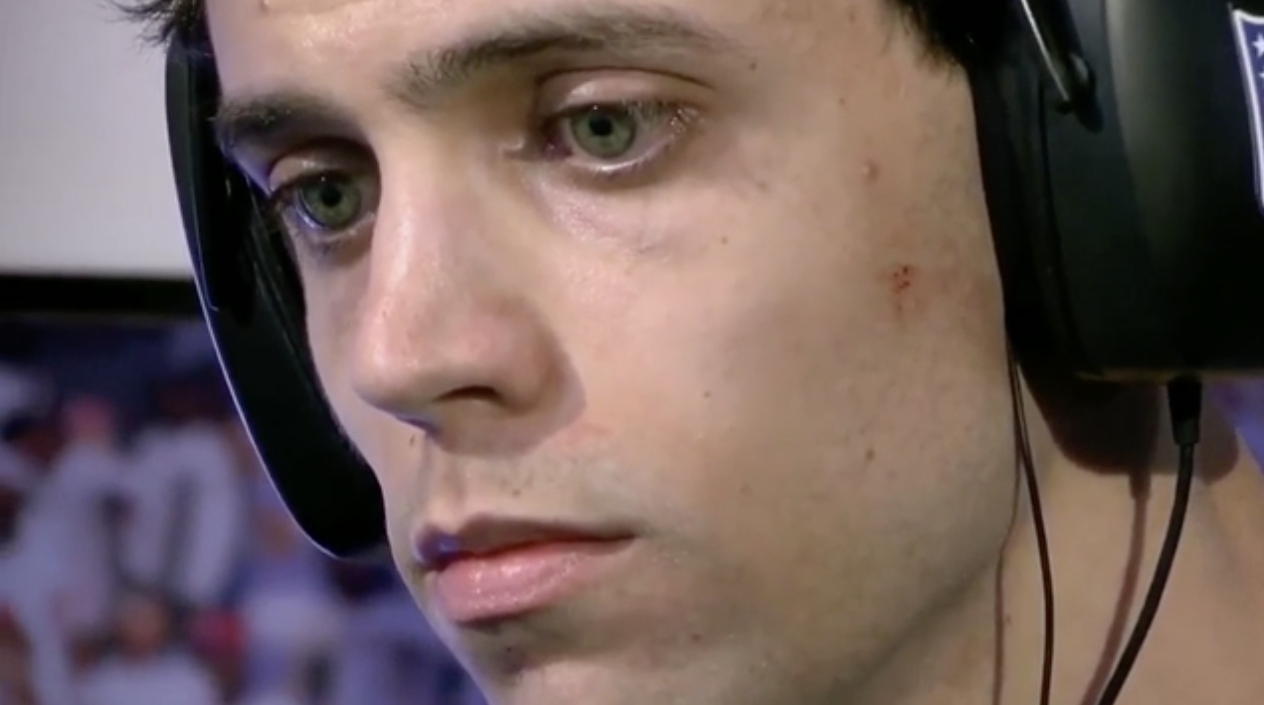Electronic stress: Scientists find kids on iPads experience fight-or-flight reactions to games, increasing stress hormones
08/29/2018 / By Russel Davis

Psychologists have cautioned that too much iPad use may confuse children from separating imaginary dangers from real ones. According to health experts, children who spend too much time on their iPad or electronic gadget may render themselves susceptible to a fight-or-flight chemical reaction that could ramp up their bodies’ responses. The scientists have also warned that the imaginary fears that children experience while playing various iPad games may prompt the body to send energy signals across the muscles as if it is preparing for real danger.
The researchers have likened the experience to the prospect of being chased by a lion. According to the experts, the body undergoes several changes in order to prepare for an impending animal attack. The scientists note that these body changes include increased heart rate, greater blood flow to the legs, and halted digestive processes in order to run away from the lion. However, the psychologists have reported that these mechanisms are otherwise being spent sitting on the sofa.
“When a child is playing an iPad game their body is reacting to imagined danger as if it is real danger. So the same set of responses kick in. And even though they are not actually in physical danger, the body doesn’t know the difference. So it gives the same reaction to the imagined danger,” Dr. Sam Wass explained on Daily Mail online.
Leading clinical psychologist Shona Goodall also stressed that excessive iPad exposure has led children to become more irritable and to experience difficulty in settling down following exposure. On the other hand, psychology expert Dr. Elizabeth Kilbey cautions that iPad games are a type of solo activity, which in turn may drive children into isolation. Dr. Kilbey also warns that children who play too many iPad games may become more accustomed to losing individually but not in a public setting.
“Digital work is very solo, and as a psychologist I don’t have an issue with digital time per se, I have a problem with it competing with other aspects of development…development at this age is about communication, interaction, sharing,” Dr. Kilbey added.
Gadgets, social media spur negative health effects on kids
A World Health Organization (WHO) report has also revealed that increased gadget use and social media consumption may negatively affect a child’s overall health. The report examined more than 200,000 children in schools in 42 countries and showed that children are spending two hours or more each weekday on gadgets and internet surfing. The report also revealed that gadget use and social media consumption more than tripled in girls aged 15 and older. (Related: Today’s children are being ‘drugged’ by iPads, iPhones and mobile devices.)
Health experts have cautioned that the rise in technology and social media use may spur a sedentary lifestyle and diseases associated with it such as cardiovascular disease, obesity, and Type 2 diabetes. Likewise, the health experts have warned that excessive gadget use and social media consumption may negatively impact the psychological well-being of children and young people.
“We know that a positive impact of social media is social connectedness and the sense of interaction. But we also know there are risks, such as cyber bullying and impact on mental health, as well as things like missing out on sleep. Also, there are longer-term impacts on physical health from being sedentary…One of the main challenges for us is…how do we manage this and the health risks associated with it? It’s about reducing time being spent sedentary, and ensuring that children still have opportunity to be active. We really need to start addressing these challenges now,” lead author Dr. Jo Inchley states in a Daily Express report.
Sources include:
Tagged Under: badtechnology, children, electric stress, gadget, iPad, mental health, Social media, technology



















